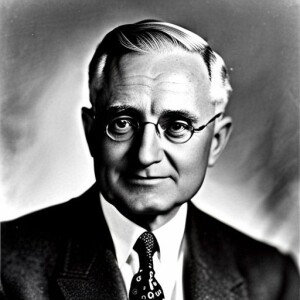
Harry S. Truman, an iconic figure in American history, served as the 33rd President of the United States from 1945 to 1953. Born on May 8, 1884, in Lamar, Missouri, Truman grew up in a farming family, instilling the values of hard work and perseverance that would later shape his presidency.
As President, Truman played a pivotal role in several significant events that shaped the course of history. He oversaw the end of World War II, which culminated in the atomic bombings of Hiroshima and Nagasaki, forcing Japan to surrender and bringing the war to a close. In addition, Truman helped establish the United Nations and the Marshall Plan, aimed at rebuilding Europe after the war.
However, Truman’s presidency was not without challenges. The onset of the Cold War marked a period of heightened tensions between the United States and the Soviet Union, leading to the arms race and the establishment of NATO. Truman’s domestic policies, including the Fair Deal, aimed to expand social welfare programs and civil rights, but faced opposition from conservatives.
Despite his many achievements, Truman faced criticism for his handling of the Korean War and the controversial firing of General Douglas MacArthur. His approval ratings were low when he left office in 1953, but his legacy has since been reevaluated. Truman is now widely regarded as a decisive and effective leader during a critical time in American history, who paved the way for future leaders to navigate the complexities of global politics.
